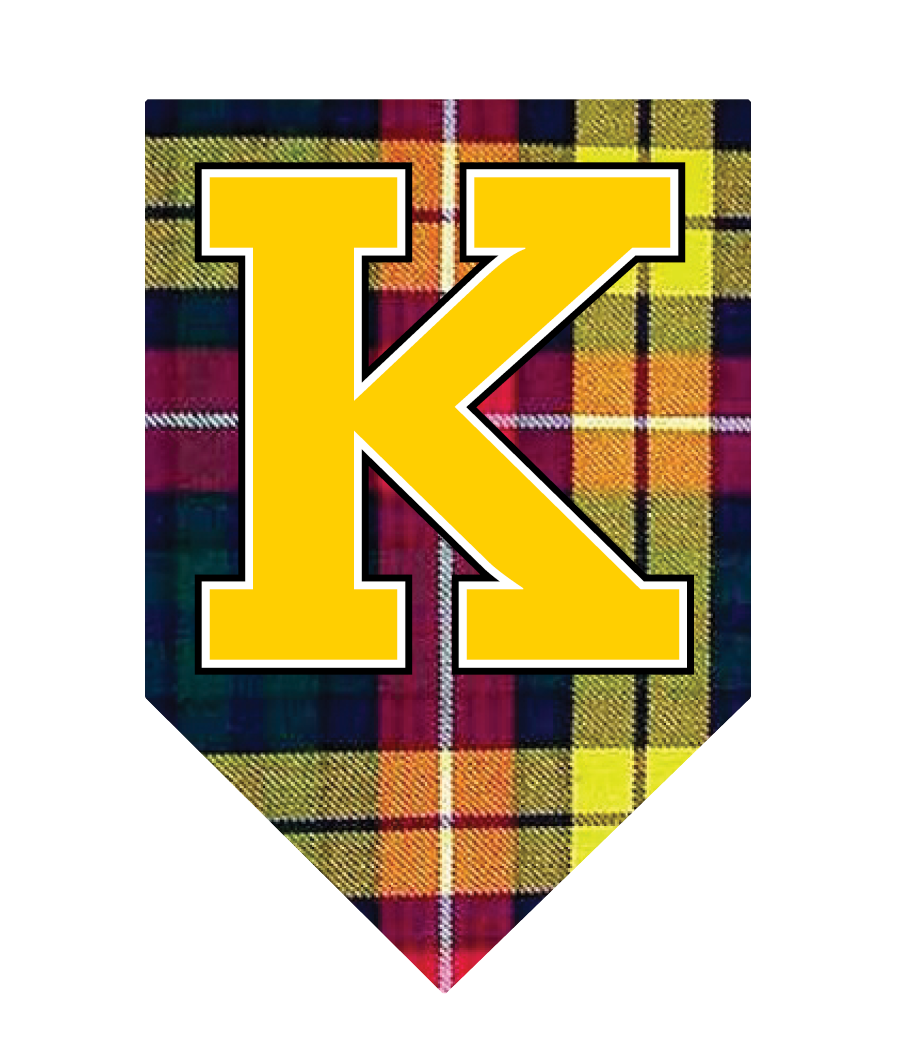May 3 is School Lunch Hero Day, and we couldn't be more proud our Nutrition Services team!
Over the last couple of years, Kelso School District Nutrition Services Supervisor and Registered Dietitian Kaydee Harris has been making small changes to the district’s meal program aiming for big impact in student health.
RECENT UPGRADES INCLUDE:
Unlimited fruits and vegetables at EVERY school. Students are offered a rotating variety of fruits and vegetables (seasonal and non-seasonal) at lunch every day. Options include: fresh strawberries, grapes, melons, local apples of different varieties, pineapple, etc. Veggies include: cucumbers, jicama, cherry tomatoes, celery sticks, broccoli, cauliflower, snap peas, green salad mix, mini peppers, etc. In addition to fresh raw veggies and fruits, items include fresh roasted green beans, broccoli, asparagus, and more.
Minimally processed foods and upgraded ingredients. We are increasing the number of scratch-made menu items, which includes bean burritos, bison meatloaf, baked chicken breast, salmon bowls, quinoa, pastas, sauces, and soups. The nutritional value of our meals is continually analyzed, leading to upgrades in ingredients. For example, the district has swapped out highly-processed, high-sodium American cheese for healthier cheddar, provolone, feta, etc.
Locally sourced foods. Our Nutrition Services team has been working hard this year to increase locally sourced items like bison, salmon, beef, and raspberries through the Local Food for Schools program. They continue to source rolls locally from Kalama Sourdough for all of our menus, and have spent over $30K on locally sourced produce through the Department of Defense Fresh program.
KELSO SCHOOL MEALS FUN FACTS
Cooking kitchens at every school. Not every school district has cooking kitchens at every school. Many outsource meals or have one cook site and shuttle meals to school sites. In Kelso, food is made fresh every day on every school site.
KSD Test Kitchen. A lot of recipe testing happens every summer. Summer school students and staff get to sample new items and give feedback. Often, new menu items are launched at one school first, then rolled out to other schools after collecting feedback from students. There is also a yearly recipe competition between elementary school Nutrition Services staff during school conferences. The staff is given a challenge menu item, nutrition parameters, and a host of possible ingredients to make the item. Winning recipes get added to the menu cycle. This year’s challenge was a scratch-made bean and cheese burrito, which will rolled out district-wide April 17.
Variety is the spice of life. To keep up with current student preferences and food trends, every year new menus, in six-week cycles, are created. Interesting menu items this year include: teriyaki salmon bowl, bison meatloaf, quinoa bowls, chicken alfredo, roasted parmesan broccoli, roasted asparagus, BBQ chicken spread, chicken parmesan, chicken and waffles, and more.
We’re doing something right. We actively solicit feedback by fostering conversations with students in our cafeterias. We even look through garbage cans to see what gets thrown away. All this student feedback is collected after each new menu item and we make adjustments as needed. We know we’re doing something right because our meal service has increased:
24% increase in total lunches served in the last 3 years, 105% increase in breakfast
750,000 meals were served in 2022-23
1 Million meals are projected for this year (2023-24)
ALL students eat free. Due to Kelso’s percentage of students qualifying for free and reduced-price meals, we’re able to offer ALL students free meals through the Community Eligibility Provision.
IMPORTANCE OF SCHOOL MEALS
Children participating in school meals are less likely to have nutrient inadequacies and are more likely to consume fruit, vegetables, and milk at breakfast and lunch.*
Low-income students who eat both school breakfast and lunch have significantly better overall diet quality than low-income students who do not eat school meals.
Packed lunches brought from home by pre-kindergarten and kindergarten students have more calories, fat, saturated fat, and sugar than school lunches, and less protein, fiber, vitamin A, and calcium, according to a study conducted after implementation of the new school meal nutrition standards.*
Receiving free or reduced-price school lunches reduces poor health by at least 29 percent based on estimates using national data.*
Based on national data, economists estimate that the receipt of a free or reduced-price school lunch reduces obesity rates by at least 17 percent.*
*Source: Food Research & Action Center https://frac.org/programs/national-school-lunch-program/benefits-school-lunch#:~:text=School%20lunch%20is%20critical%20to,obesity%20rates%2C%20and%20poor%20health

